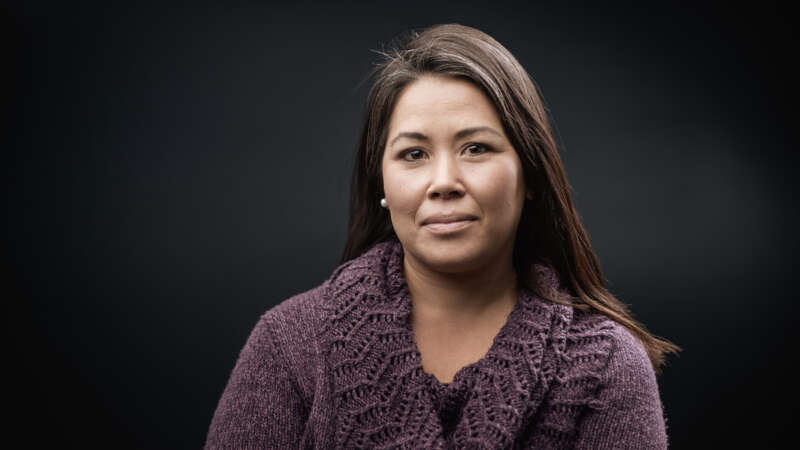“I was in a lot of pain, and I felt like I was like hanging on by a thread.”
“I feel like a lot of times, seeking help for your mental health is seen as weak or you need to be focusing on school,” said Taylor Stevens, a junior majoring in biology and integrated health studies with a minor in psychology.
For Taylor, the choice between school and prioritizing her mental health was something she struggled with. In the spring of her sophomore year, Taylor faced major life events that, after being suppressed, eventually led to a breakdown. Sharing with her roommates that she no longer felt safe due to suicidal thoughts, Taylor spent a week at a crisis stabilization center. Taylor heard about the crisis stabilization center from her psychiatrist at Lafene Health Center. The mental health resources offered by Kansas State University’s Counseling and Psychological Services (CAPS) at Lafene Health Center were essential for Taylor to continue her education at K-State.
“Mental health resources such as therapy and medication, along with support from others after sharing my story was really what kept me at K-State, and more specifically, the low cost of these things,” Taylor said. “I really wanted to stay at K-State and was glad they provided the resources I needed to recuperate.”
Stories like Taylor’s inspired the focus 2022’s All in for K-State day of giving, which focused on increasing access to K-State mental health services. The demand for mental health services at K-State has increased by 27% since 2019, mirroring national trends. One in four college students nationwide have had serious thoughts of suicide.*
Taylor says if everyone knew about the services CAPS offered, more people could receive the help they need.
“If I would have kept everything to myself and didn’t use the resources, I don’t know if I would have made it this far in my mental health journey,” Taylor said. “I was in a lot of pain, and I felt like I was like hanging on by a thread. Those mental health services really helped me get back on my feet.”
Taylor was aware of the mental health resources available to her because of her involvement as a WellCAT ambassador and coach. Taylor quickly got involved with WellCAT Ambassadors after arriving to K-State because of her interest in psychology and desire to help other students. WellCAT Ambassadors is a group of peer-educators who advocate for physical and mental well-being at K-State, in conjunction with Lafene Health Center. The group shares resources, offers workshops and builds awareness for wellness on campus.
Wanting to take her involvement a step further and create a more direct impact, Taylor became a WellCAT coach. Coaches provide a one-on-one education program for fellow students to discuss topics such as stress, nutrition and body image. Taylor says this program is particularly impactful because it creates a less intimidating environment for students to connect with someone who is equipped with knowledge.
“I think a lot of times, especially with mental health, it is really hard to go talk to a stranger. By having peer-to-peer relationships, you can talk to a student who’s going through the same things as you or very similar and get their perspective,” Taylor said.
If Taylor could share a message with students, it would be that you don’t have to choose between prioritizing mental health and doing well in school, especially because of the resources available on campus. Taylor hopes that K-State’s mental health services can be expanded so students can receive necessary and inexpensive resources, especially in a time that can be so isolating.
“Any donations that come to us for mental health could literally save lives and also change lives. By having those resources, you can change someone’s whole world and make them get back to their best self. They can be successful in the future, do well in school and help the community in the way that they were supposed to.”
*From Trends in College Student Mental Health, 2020-2021, JED Campus



